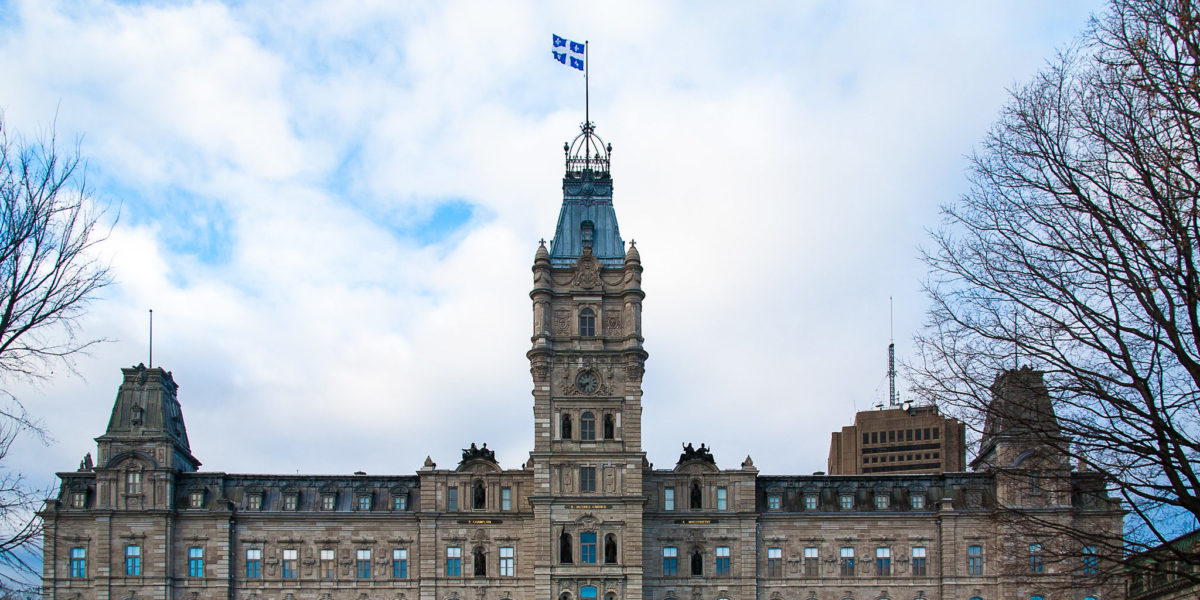The incident of Fatemeh Anvari, the teacher in Chelsea, Quebec, who was removed as a teacher for wearing the hijab, may have renewed attention to the damaging effects a law like Law 21 has on individuals and society at large, but it is not the first instance of a life negatively affected by that law since it was passed by the CAQ in 2019.
The grandfather clause included in the bill has shielded our society from seeing hundreds, and probably thousands, of such incidents over the past two and a half years, but it did not shield individuals from its negative effects: inability to seek employment, denial of promotion, forced relocation out of the province, etc. Nor has it shielded hundreds of thousands of Quebeckers who belong to various religious communities from feeling that they are second class citizens.
The first victims of Law 21 were equality, dignity, freedom of choice, and two human rights charters which we, as Quebeckers and Canadians, were very proud of.
Repeating again and again that Law 21 is “balanced” will not make it so. More so, proving that there is no “systemic racism” in Quebec will just become much harder, or practically impossible, while we have Law 21 in our law books.
The international attention that Quebec gained since the passing of this law is not the type of attention we want. It cannot be simply explained by claiming that there is ill-feeling towards Quebec. Why would there be such a feeling in places and by people who have barely heard about Quebec in their lives?
Law 21 claims to be a solution to a problem that does not exist. A secular society, which we agree that Quebec is and should always be, should not deny that its citizens have various beliefs and can practice their choices freely. On the other hand Law 21 creates problems. In addition to the above mentioned, there is also the problem of a shortage of teachers, which is exacerbated by Law 21.
Finally one may ask, why are we so adamant to continue challenging Law 21 now that it is already in effect. Why do we not just respect that and fall in line? The answer is simple. How many unjust laws existed in the world and caused so much damage? We don’t remember those who passed them but we remember those who challenged them until they were repealed.
The arbitrary definition of “position of power” is also mind-boggling. Are ministers, deputy ministers, or the prime minister, not in positions of power? Why are they not mentioned in the law?
This leads us to one conclusion: the law is based on misguided information or it is there for reasons other than the ones declared publicly.
Another instance of misinformation is calling some of the religious attire items targeted by Law 21 “symbols.” As an example, for a woman who considers that her religion mandates her to cover her hair for modesty and moral reasons, the hijab is not a “symbol.” It is like any other religious commandment: to pray, to be kind to strangers, not to steal or take what is not rightfully hers, etc. On the other hand, a ring or a pendant on a necklace with a religious word or symbol, is just that — a symbol. There is a big difference. The bare minimum is that the government should understand and describe clearly what it is asking of people, before asking it.
So, we would like to invite François Legault, the premier of all Quebeckers, to spend some time, say an evening or a morning on a weekend, with families that include in their midst Hijab-, Kippa- or Turban-wearing individuals and get to know them a bit better and begin to understand a large percentage of the population he rules. This will surely help make Quebec a much better society than Law 21 does.



